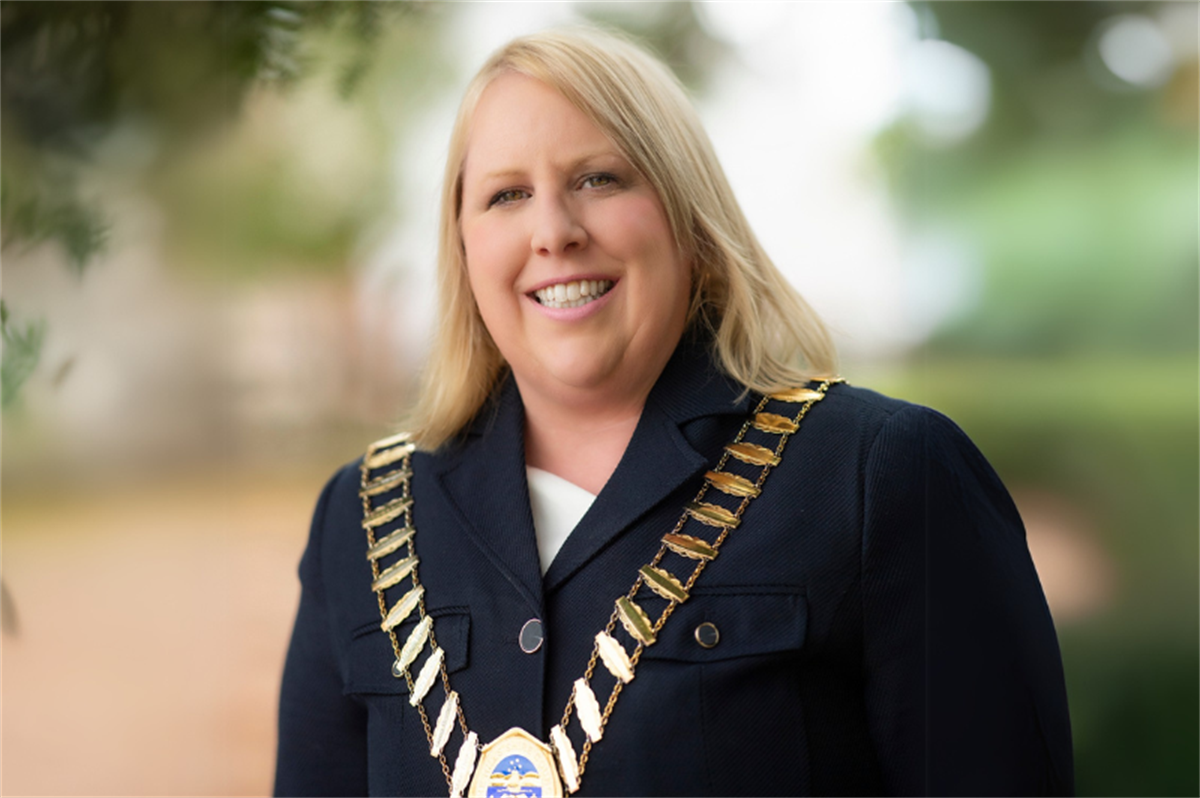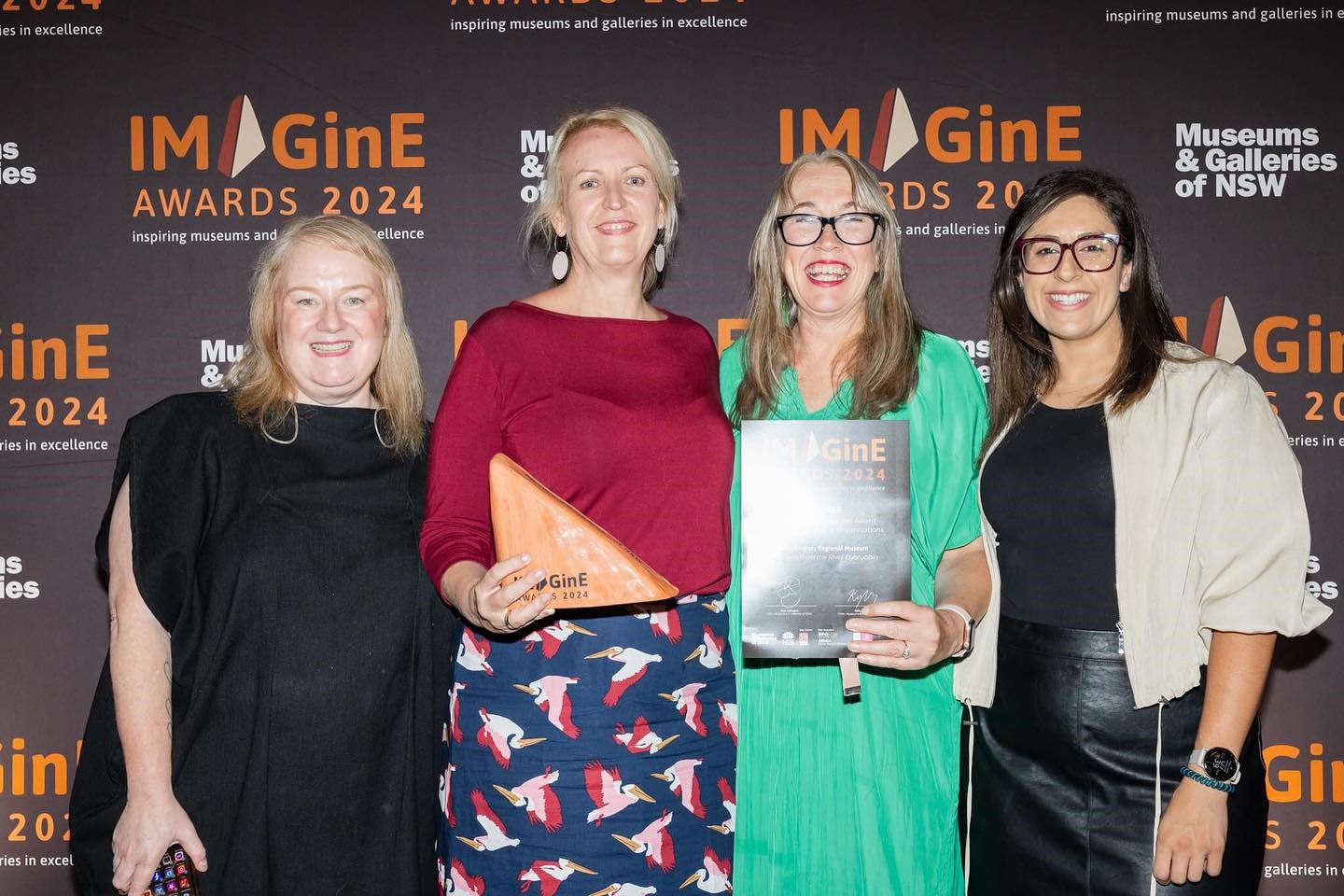The Human Right Committee this morning opened its one hundred and thirty-fourth session, during which it will examine the reports of Bolivia, Cambodia, Iraq, Israel, Qatar and the Russian Federation on their implementation of the provisions of the International Covenant on Civil and Political Rights, and adopted its agenda and programme of work for the session.
Photini Pazartzis, Chair of the Committee, in opening remarks, stated that she was happy that the Committee was meeting in person for the first time in almost two years, thanking the Office of the High Commissioner for work toward that end. She also acknowledged the situation in the eastern part of Europe, referring to the statement by the High Commissioner for Human Rights. While the Committee would be trying to observe and accomplish its mandate to the fullest extent possible, she noted that the Committee was meeting in difficult circumstances.
Wan-Hea Lee, Chief, Civil, Political, Economic, Social and Cultural Rights Section, Human Rights Council and Treaty Mechanisms Division and Representative of the Secretary-General, declared the Committee open, thanking Committee for its efforts in tackling the backlog of work caused by the COVID-19 pandemic. Citing a report from the Secretary-General titled Our Common Agenda, she noted that among his various proposals, he suggested that the way forward would require stronger participation in public processes and new vision for the rule of law. The ongoing work of the Committee would be instrumental in that regard, as regression in human rights guarantees, she warned, was only too easy, thus constant vigilance was of the upmost importance.
She also reported that after the annual meeting of the Chairs of the Treaty Bodies, several comprehensive proposals for the treaty body strengthening process. In addition, the High Commissioner had met with the Chairs about proposals including implementing a predictable review calendar to maximise synergies and ensure full reporting compliance; harmonizing working methods; and digitising working methods to increase efficiency, accessibility, and transparency of the Treaty Body system. The High Commissioner had called on the treaty body system to formulate a consolidated proposal that would be bold and creative in order to rationalise and further strengthen the Treaty Body system and attract the necessary support and funding from member States. Noting that the Human Rights Committee had been among the Treaty Bodies which had been more open to the proposals tabled so far, Ms Lee called on the Committee to share important lessons with the other Treaty Bodies.
Vasilka Sancin, Committee Vice-Chair, in her capacity as Chair of the pre-session Working Group on Individual Communications, reported that the Working Group had examined 33 communications from 22 State parties submitted from 2015 to 2019, including issues related to arbitrary detention, conditions of detention, due process guarantees, right to life, right to political participation, freedom from discrimination, and freedom of religion, expression, and assembly. The Working Group put forward to the consideration of the plenary 19 communications for which it proposed to find of a violation of the Covenant; one communication considering that there was no violation of the provisions of the Covenant; 10 communications finding the communications inadmissible; and three communications putting forward two different options for the consideration of the plenary.
All the documents relating to the Committee’s work, including reports submitted by States parties, can be found at the . The webcast of the Committee’s public meetings is available via the following link:
The Committee will next meet in public at 3 p.m. on Monday, 28 February, to begin its consideration of the initial report of Qatar ().
Link:







